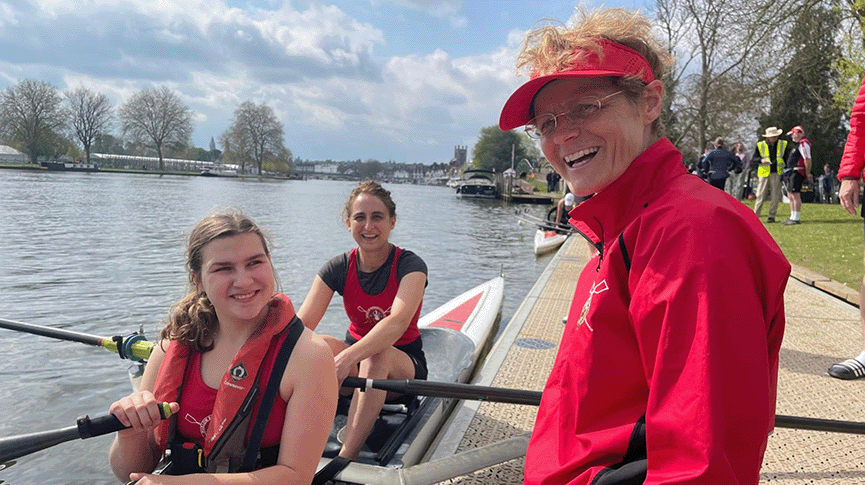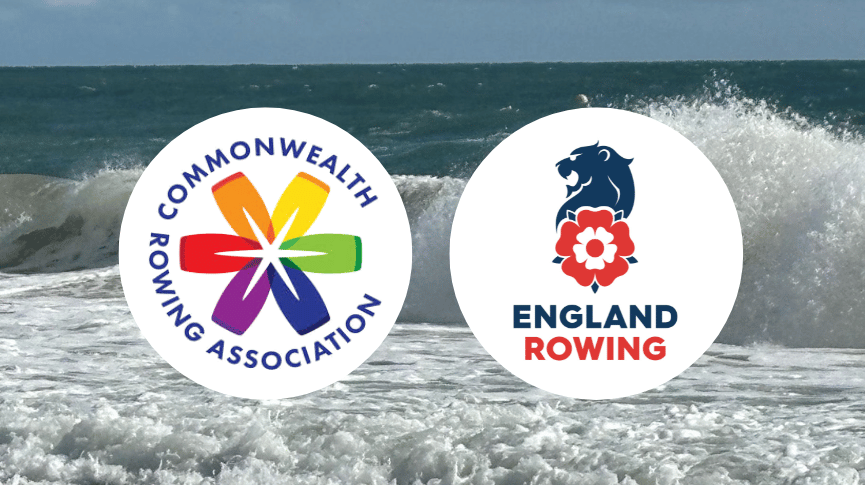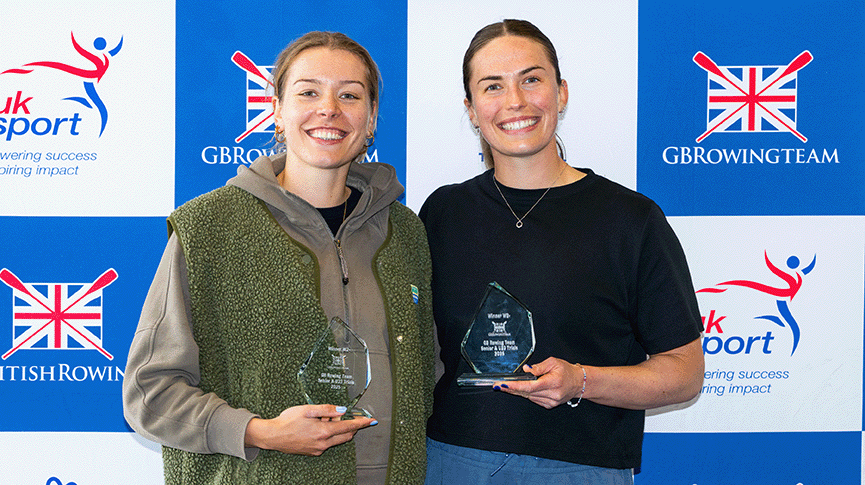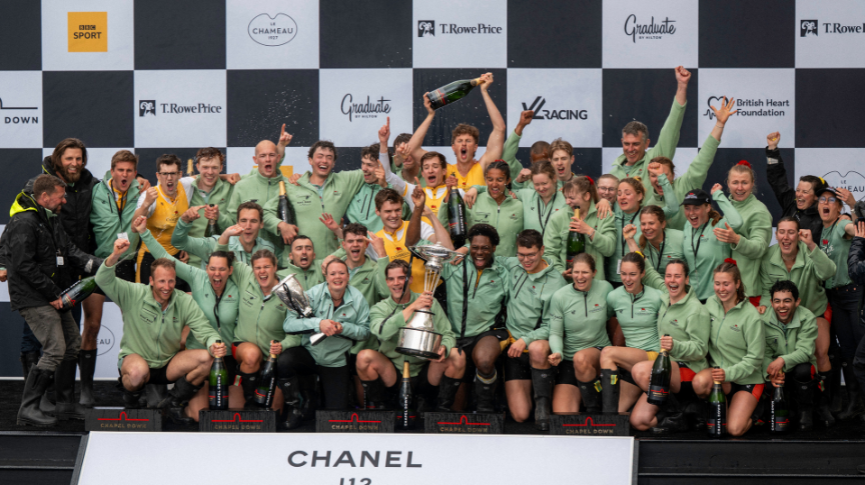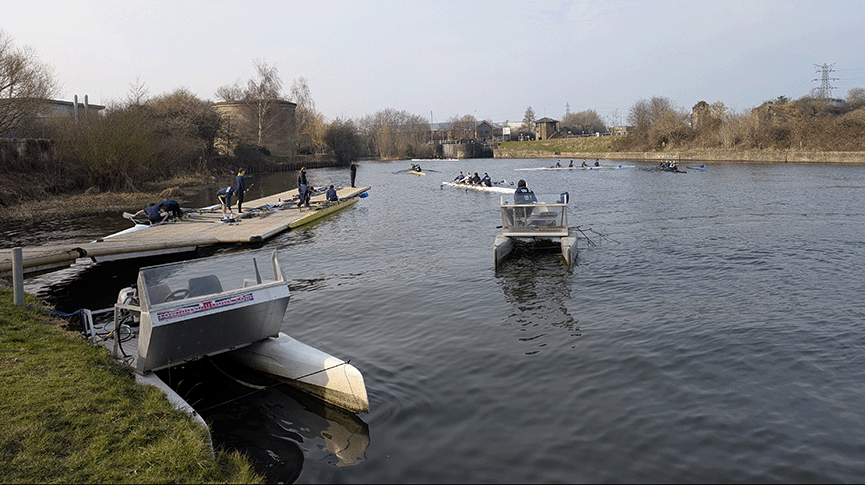Boats Not Bars initiative shortlisted for two industry innovation awards
We caught up with Imogen Walsh from the charity Fulham Reach Boat Club about this amazing recognition for the Boats Not Bars initiative
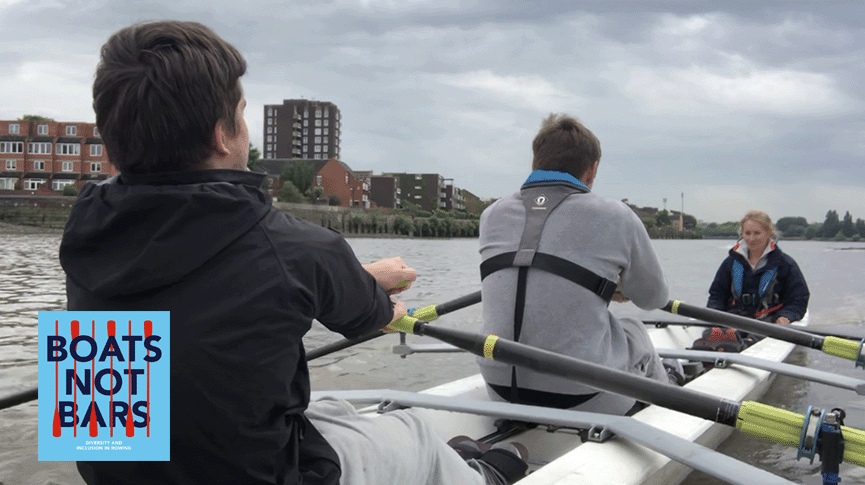
Boats not Bars has recently been shortlisted for the Innovation Award by UKActive Awards, the trade body for the leisure sector, and the Sports Innovation Award by Sports Business Awards, an organisation that celebrates success across the sports industry.
Why ‘Boats not bars’?
The starting point is rowing itself:
We’ve all experienced the way that rowing has got under our skin, how it makes us feel when you finish a really solid session that you’d been dreading, and when it’s over you feel like you could take on the world. How those early mornings when the water is calm and all you can hear are the sounds of the boat and few awakening birds, make you feel at peace. That feeling of accomplishment when you finally make that score on the erg for which you have been putting yourself through weeks and months of training for. And how those crewmates, who go through all highs and lows with you, who have seen you at your best and your worst, you know have your back and who you suddenly realise, you have known for 20 years or more…
Boats not Bars exists to give those whose lives have taken a turn for the worse the opportunity to experience all of this, and use these experiences and the skills of teamwork, discipline, emotional control, goal-setting and commitment to enable them to gain employment and stay away from the revolving door of the criminal justice system when they are released.
Reoffending costs the UK taxpayer an estimated £18.1billion pounds per year. As well as the economic cost, there is the phenomenal waste of human potential – over 80,000 individuals are currently in prison in England and Wales. That’s 80,000+ opportunities for a different future, a chance to make a positive impact on the world, to join the workforce (if society can see past the criminal conviction), to add colour to all our lives. Going on current statistics, over half of the 80,000 individuals in prison will reoffend, will return to prison (at an average cost of around £45,000 a year for an adult), and the ripple effects of their crime will be felt in the families and communities from where they come.
The Government’s own assessment of the prison system is that it “fails to rehabilitate or make sure criminals are prevented from offending again”. Research commissioned by the Ministry of Justice states that “participation [in sport] can not only improve health and behaviour but can directly contribute to efforts to reduce reoffending”, and that “physical and mental health needs are recognised as key areas to be addressed in attempts to reduce reoffending”. Boats not Bars has established itself as an innovative and successful medium to engage with and provide learning opportunities to prisoners, and then provide a support network and avenue to employment on release.
The initiative has been recognised by industry leaders, and is a finalist in both the UK Active Sports Business Awards for Sports Innovation Award, and the UK Active Innovation Award. This is a huge boost to our work, as it demonstrates the value of the project not just at the individual level of physical activity, but the wider benefits to all of society, in giving someone support to turn their life around.
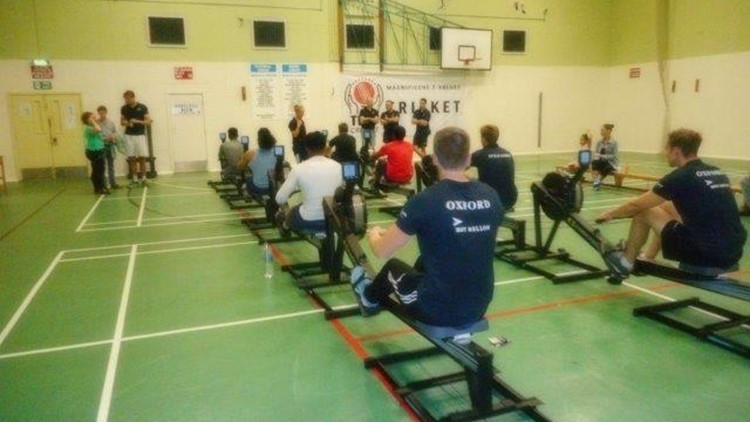 Oxford and Cambridge rowers training in gym with HMYOI Feltham rowers
Oxford and Cambridge rowers training in gym with HMYOI Feltham rowers
Boats Not Bars of course, does not run for free! And so we are always looking for ways to deliver on tight budgets (and for which huge thanks are due to the FRBC coaches who are soon to be volunteering their time for free to boost our prison delivery offering), as well as looking for individuals or organisations that might support financially. But in terms of cost to delivery versus pay back to society in terms of avoidable future prison costs, it is, as they say, ‘a no-brainer’!






